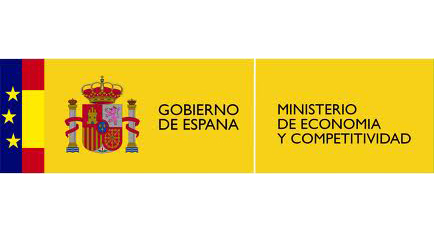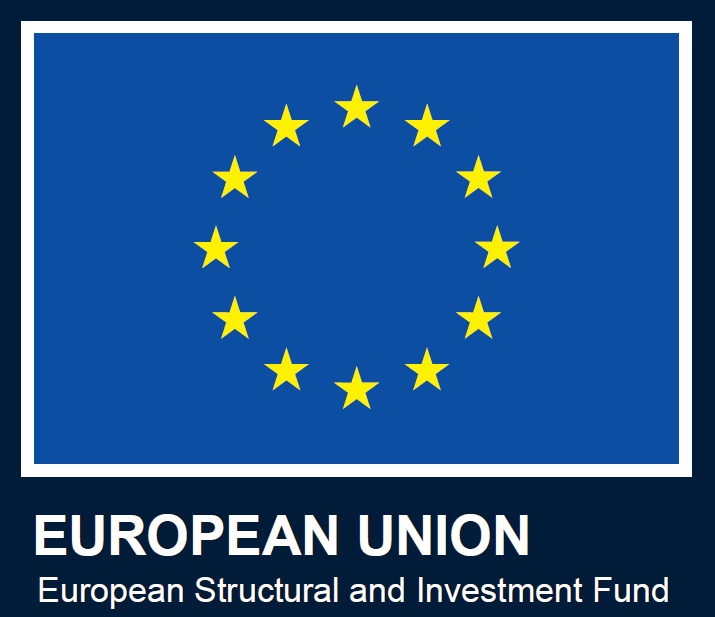Funding: Spanish Ministry of Economy and Competitiveness (National R&D Programme for Societal Challenges) (RTC-2016-5076-3), thematic objective “Promotion of technological development, innovation and quality research”
Partners: Arcelor Mittal (Project Coordinator), Technical University of Madrid and IMDEA Materials Institute
Region: Spain
Project period: 2016 – 2019
Principal Investigator: Dr. Carlos González (carlosdaniel.gonzalez(AT)imdea.org)
Marine wind energy is playing a key role in the development of renewable energy. The marine wind resource is greater and of better quality than the land one and this makes possible to install more efficient powerful windmills. Moreover, the environmental impact of those off-shore structures is less that the one created by land wind mills. It can be said that generally speaking, marine wind energy has a great potential bot at European and Spanish level. However, the installation and maintenance costs of marine windmills has to be reduced in order to allow an increase of the installed power.
The development of novel materials is paramount in order to decrease the installation and maintenance costs of marine windmills since they will allow the manufacture of lighter, more efficient designs. Structural steel has traditionally been the material employed for building windmill towers. Steel is by far the most widely used structural material since it is relative cheap and has notable mechanical properties. However, steel has a series of drawbacks (those associated to its weight, fatigue behavior and corrosion resistance). The weight reduction in windmill towers will be achieved by the partial substitution of steel by a lighter, more resistant composite material. These materials are manufactured by intercalating sheets of steel and composites, which are known as fiber metal laminates. Today, fiber metal laminates based on aluminum and fiberglass (Glare) or titanium and carbon fiber (TiGr) are widely employed in the aerospace sector.
The ACERCOM project will incorporate all the structural and functional requirements needed for the design of a novel fiber metal laminate valid for application in marine renewable energy. The ACERCOMP project will analyze valid combinations of composite materials and their manufacturing routes via infusion or via pre-impregnated composites. Those materials will be fully characterized with regards to their mechanical properties, resistance to extreme environments and fire behavior. The conditions for industrial upscaling (machining, joining, conformability, …) will be also analyzed within the project.
Within the framework of the coordinated project NEOADFOAM, coordinated by Arcelor Mittal, IMDEA Materials Institute will mainly carry out the modeling, fabrication and characterization of fiber metal laminates for application in marine wind energy.
Partners
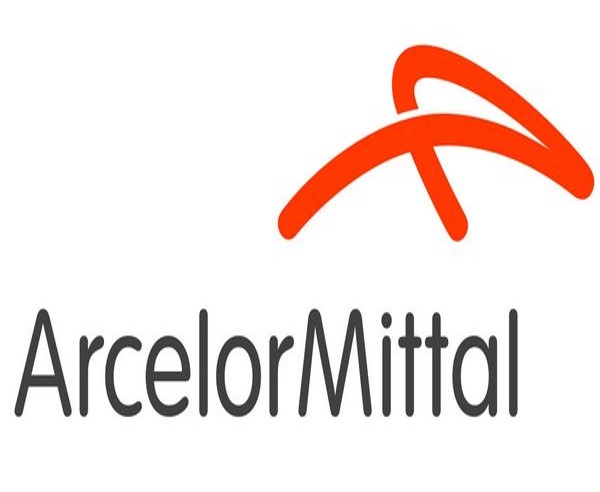
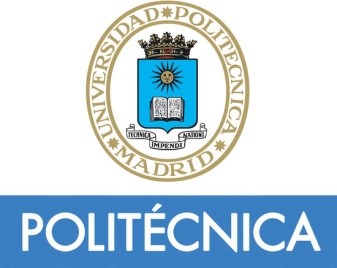
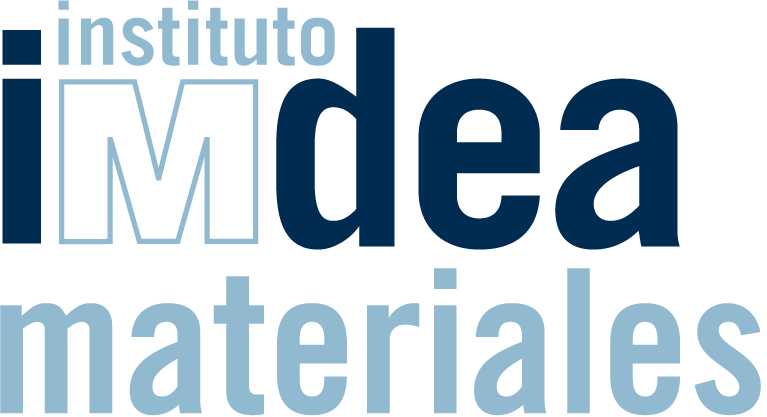
Funded by
